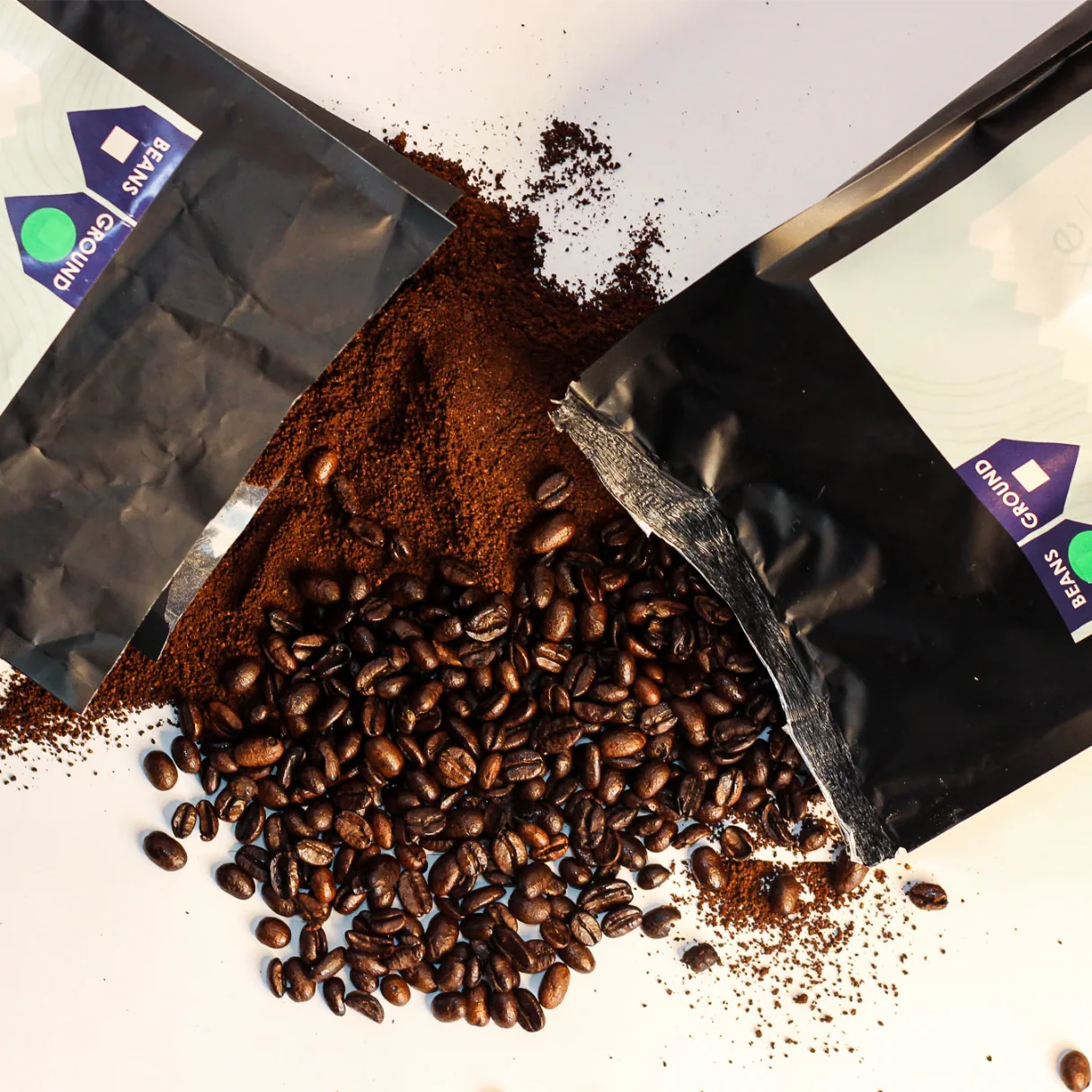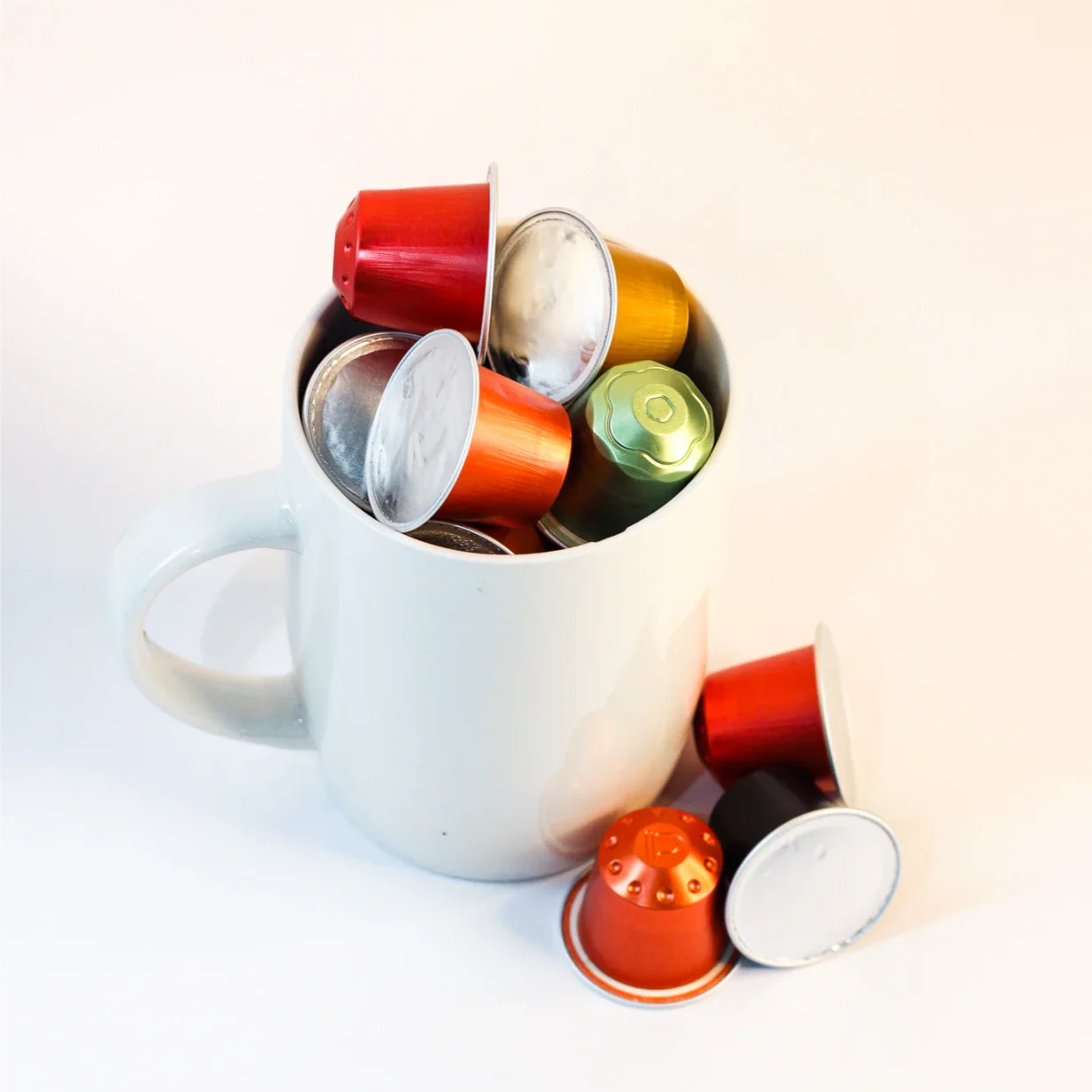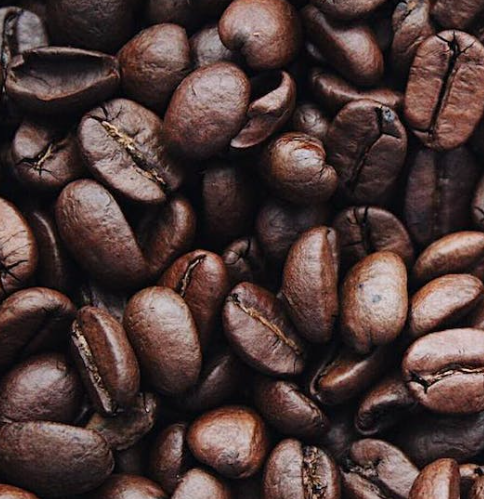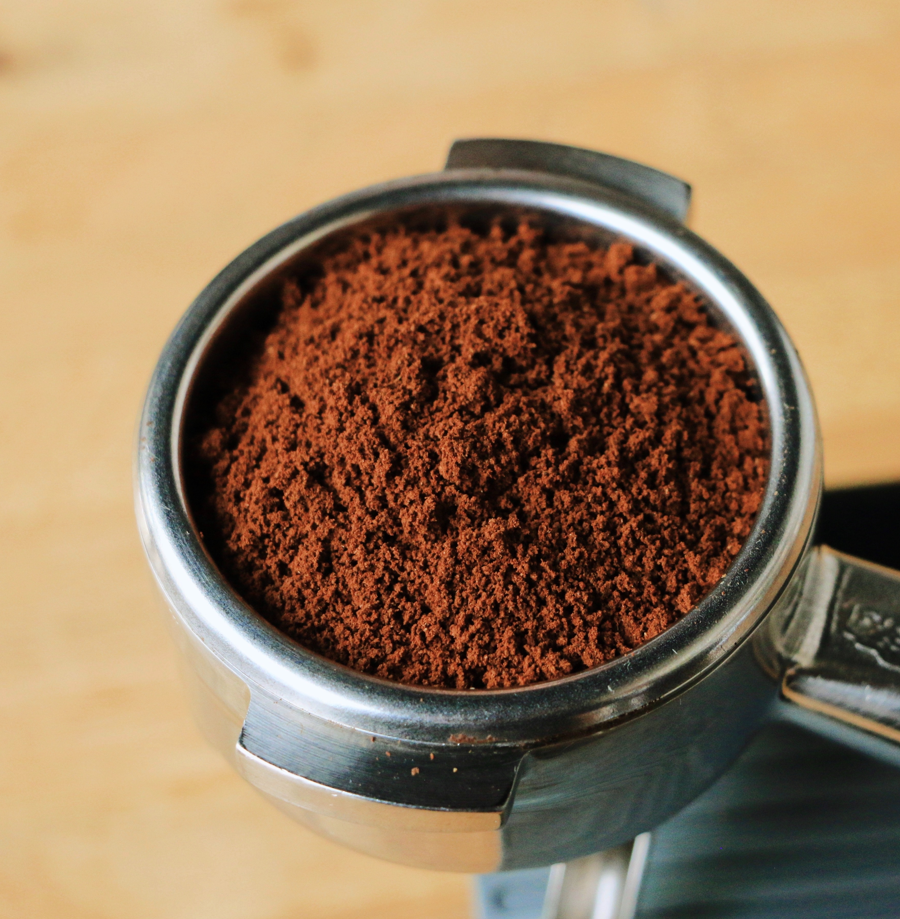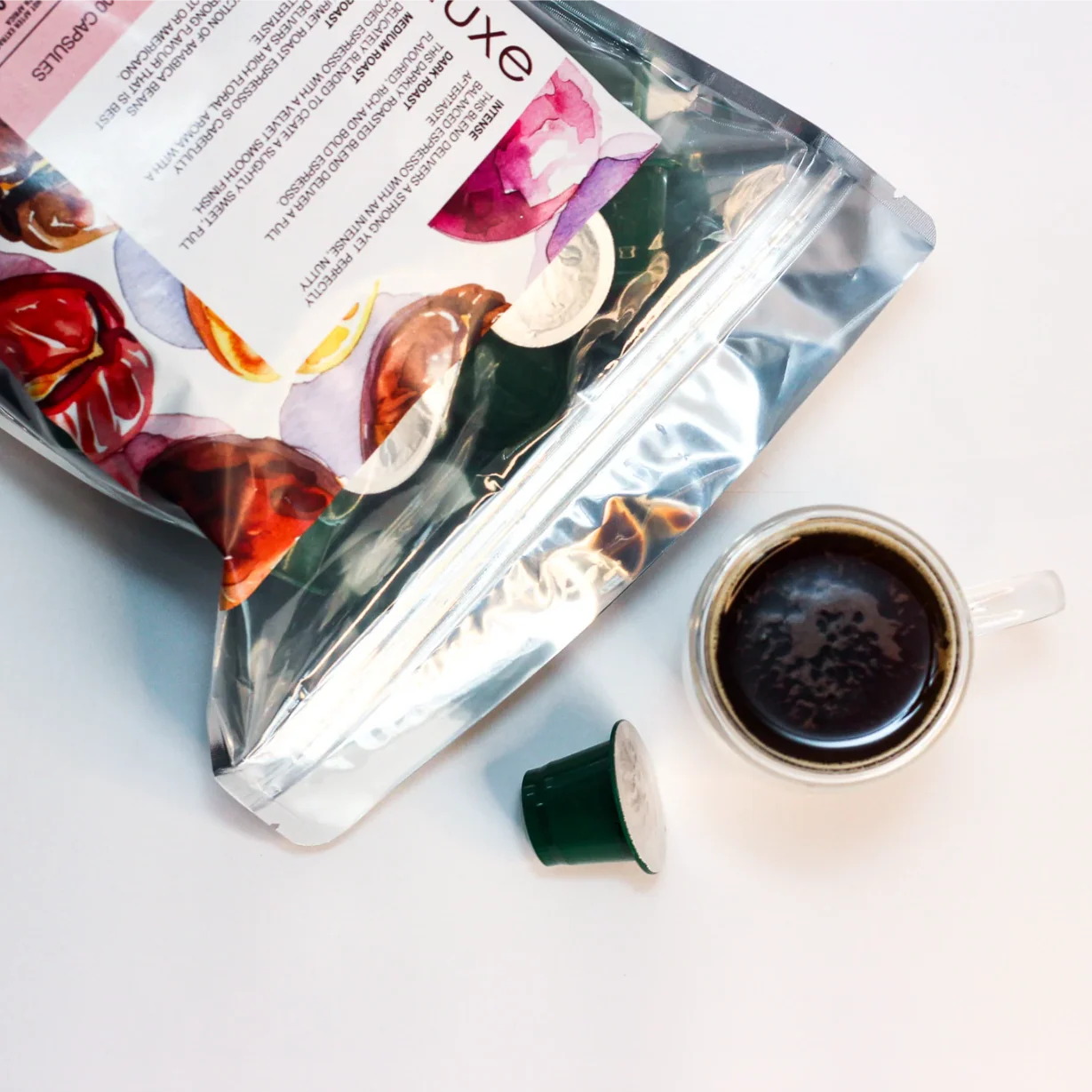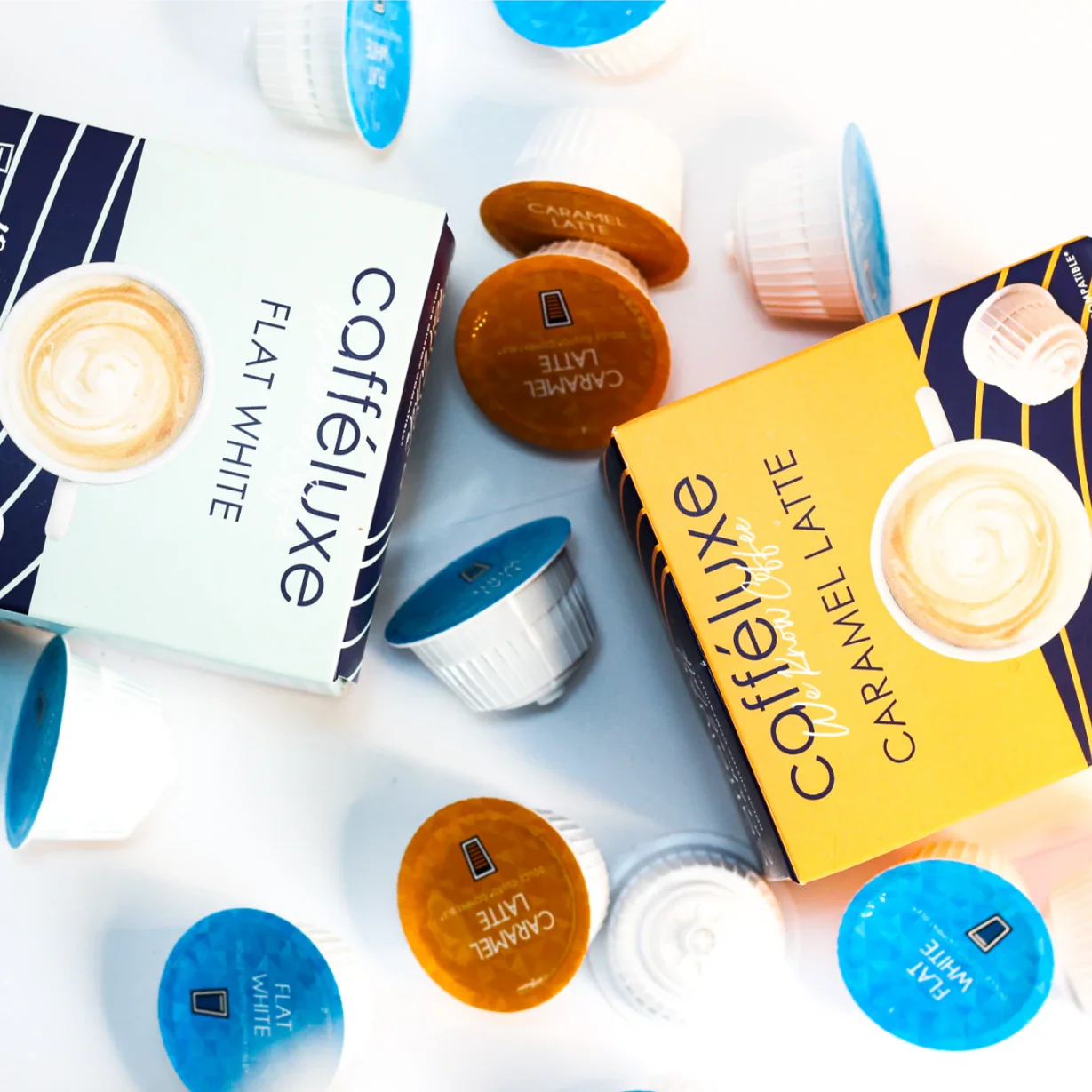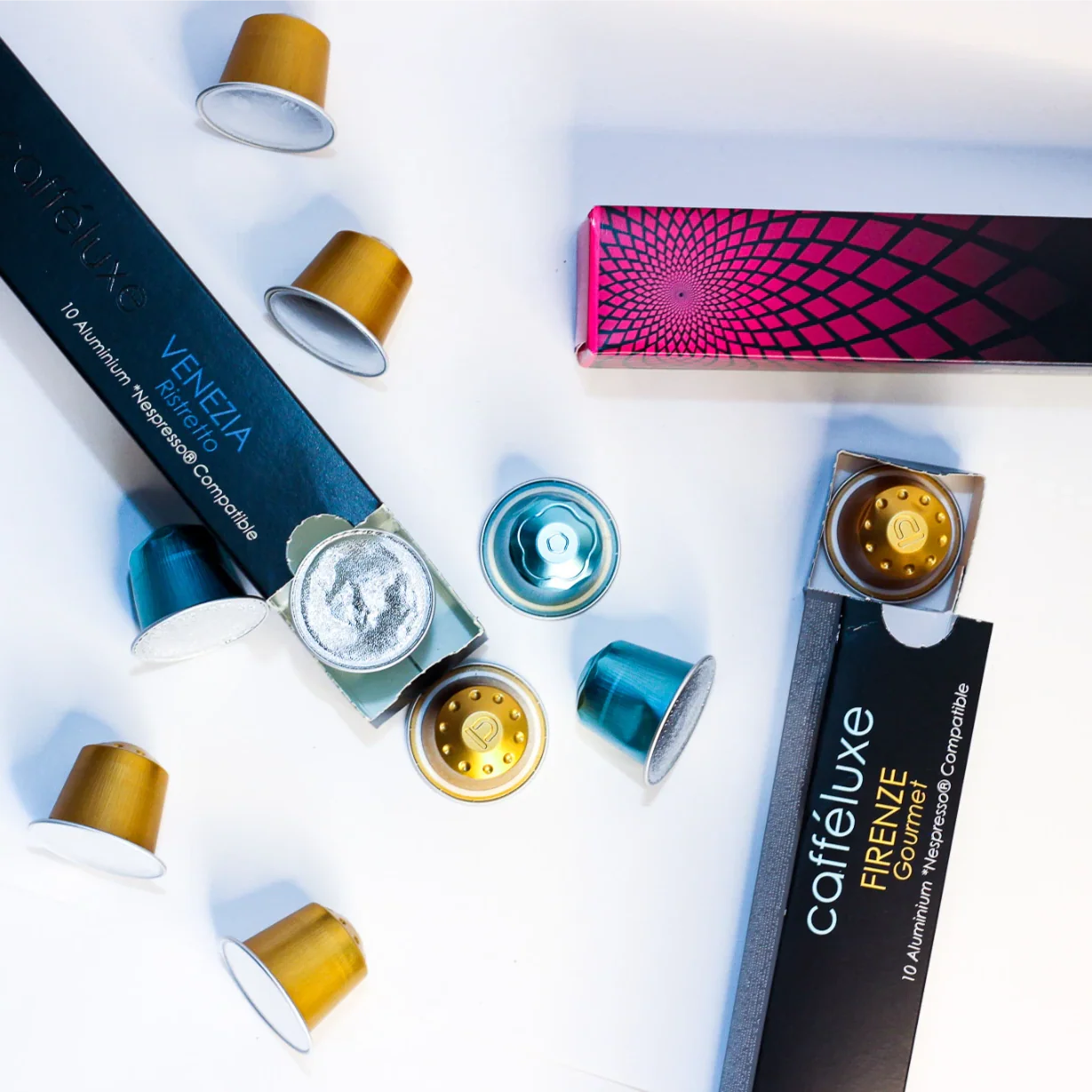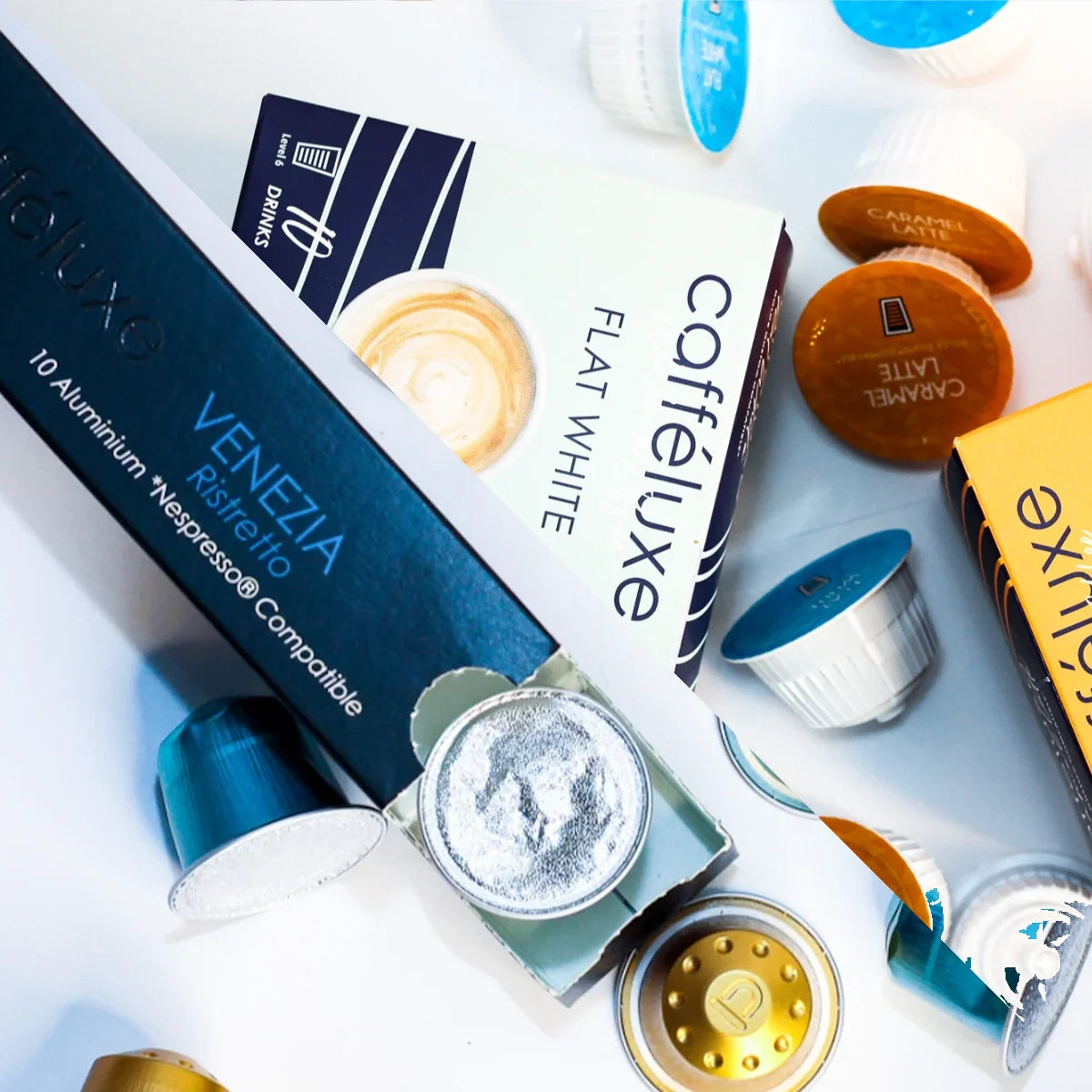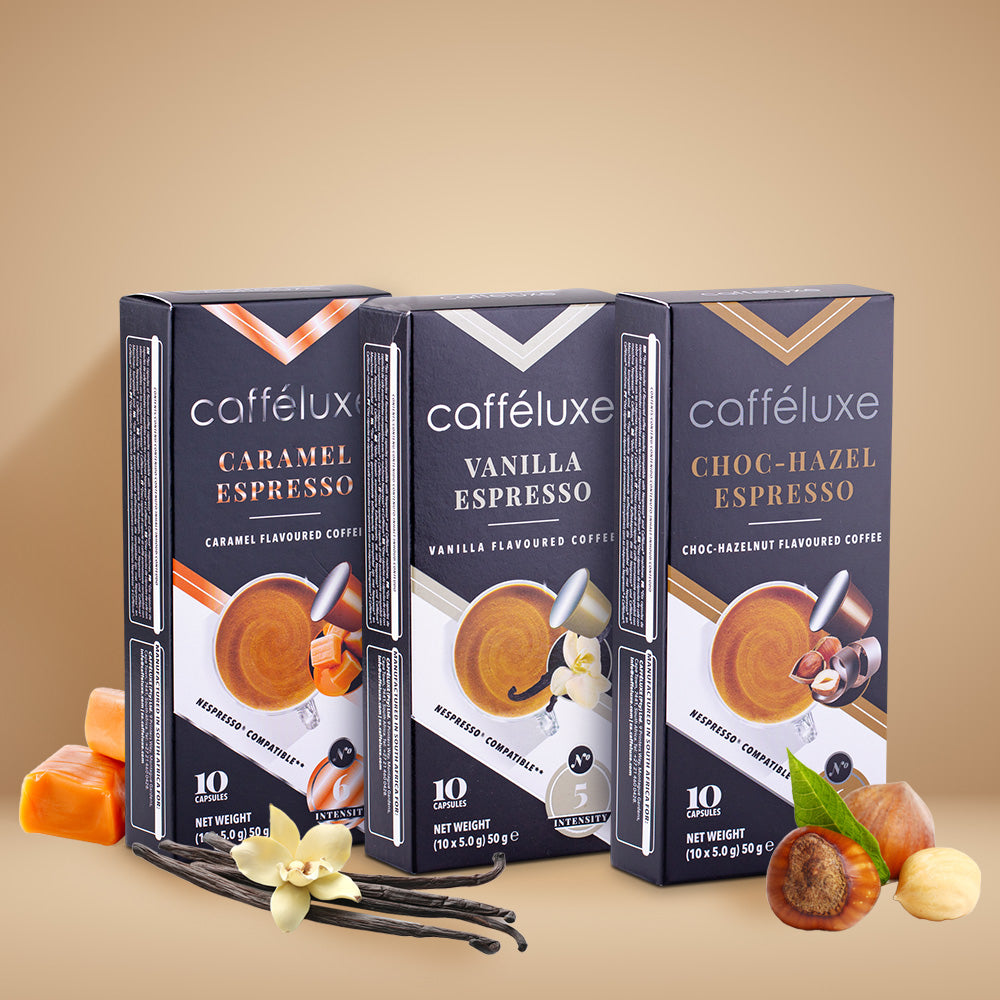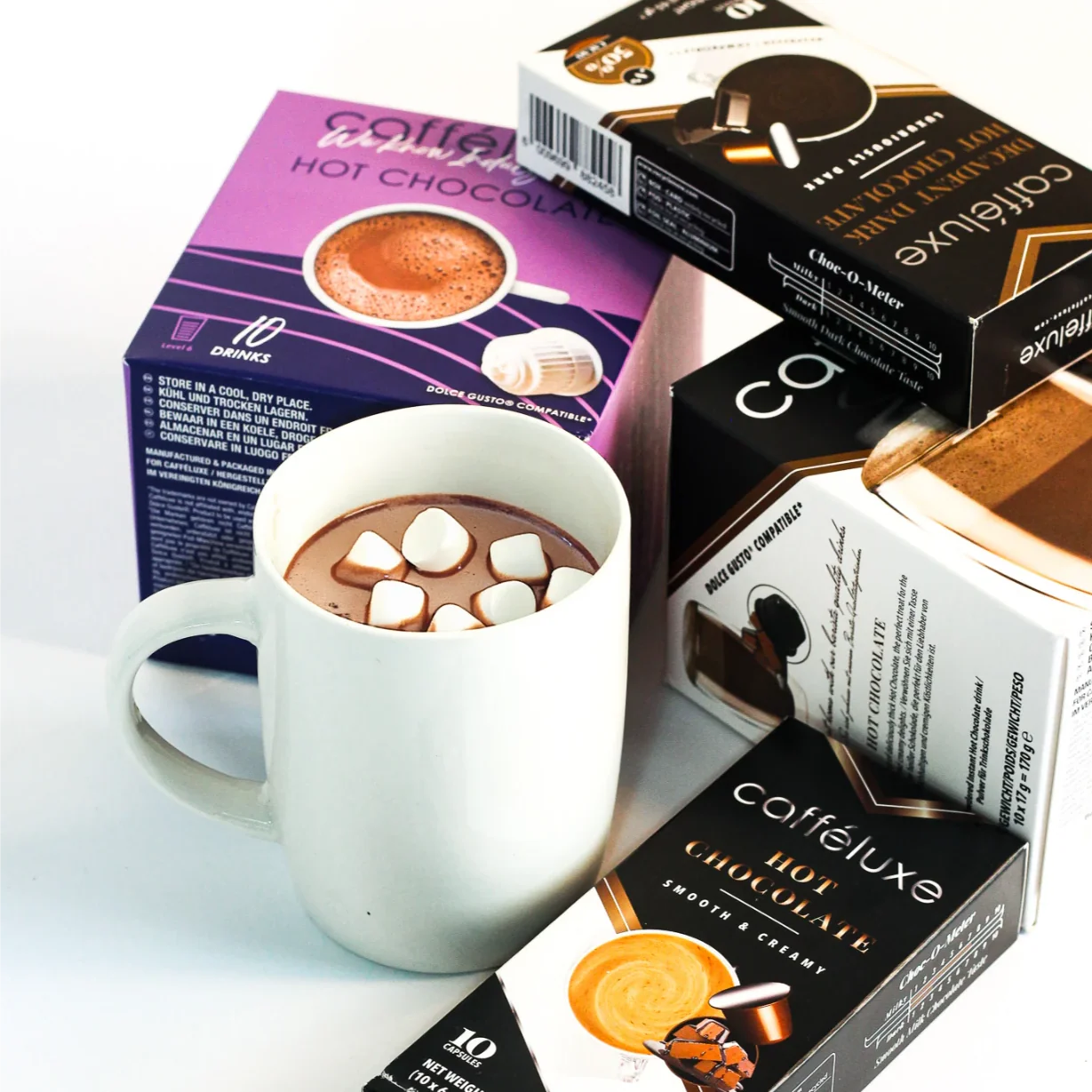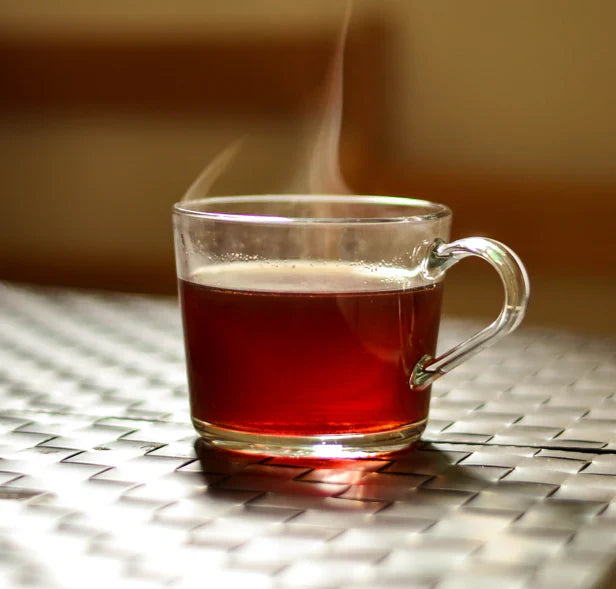The Grind
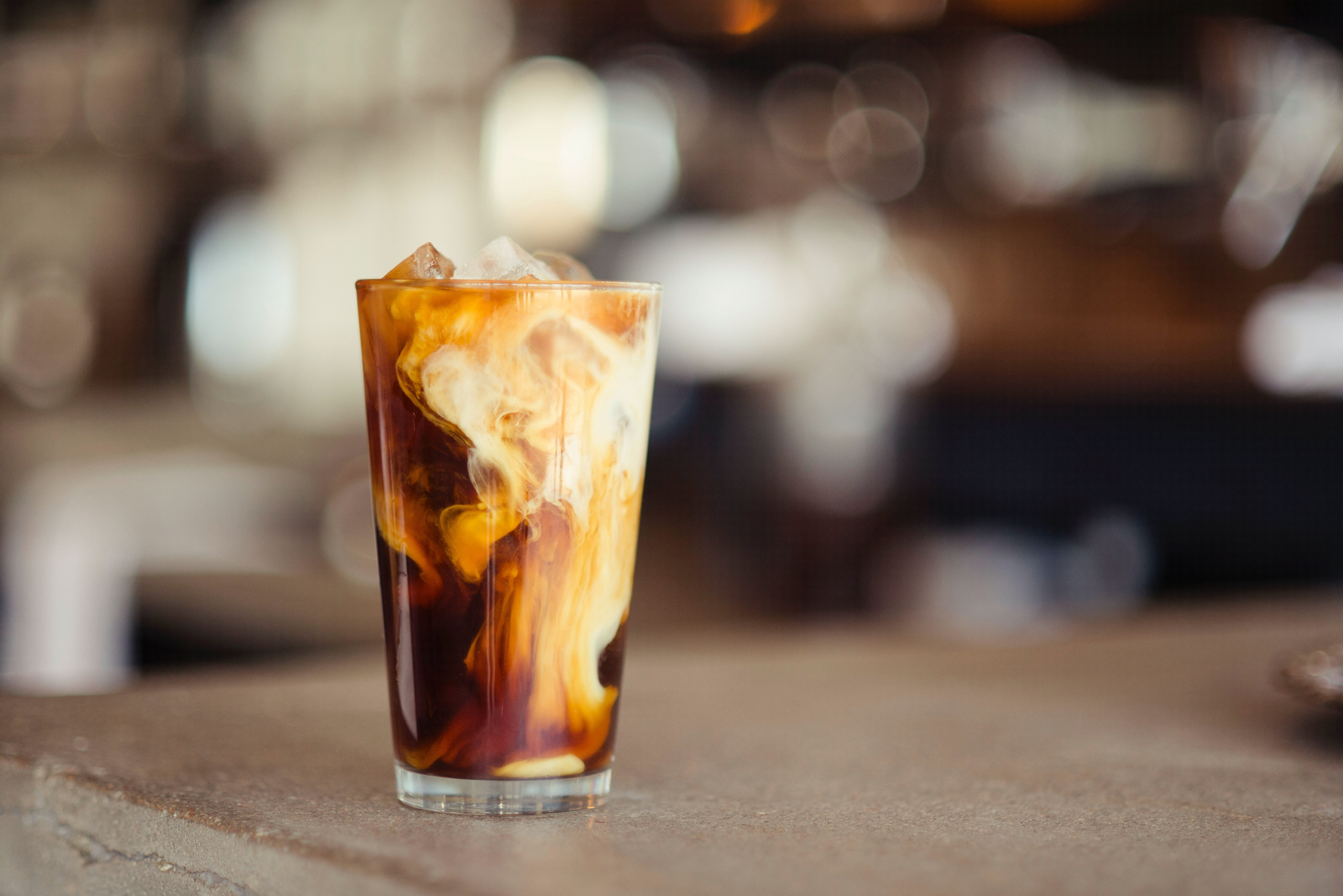
The Grind
“Excuse me miss, is this coffee coture?”
by Caffeluxe Admin on Jun 05 2020
Some say that if you put the word ‘culture’ in a pod, place the pod into an espresso machine, press the little button - and out comes millennials.
The sale of instant coffee has been on a fast decline, from £808m in 2013 and expected to reach lows of £700m by the end of 2020. That’s because younger generations have become coffee snobs, throwing out their tins of sand-like coffee and choosing to settle for the ‘finer tastes’, but what’s all the fuss about?
It’s easy to assume that a few properties are lost through the process of instant-coffee processing. Coffee does lose many of its oils that give ground coffee their rich flavor. However, does that also mean that all the health benefits of coffee are lost in the instant-coffee processing too?
Dietitian Melanie McGrice notes that the difference between the instant coffee and ground coffee are pretty negligible, however there may be a small difference in terms of antioxidants, vitamins, minerals and caffeine levels. It’s in potassium that ground coffee takes the lead by doubling the amount of that in instant. Though the main difference usually lies in the other “c” word - yes caffeine - according to Body Fusion dietitian, Emily Hardman. She further compares that one cup of instant coffee contains 60-80 mg of caffeine vs ground coffee that averages between 60-120 mg.
It is true that caffeine improves your physical and cognitive performance, mental alertness and decreases fatigue. That being said, more caffeine is not necessarily a good thing and its impact on your health is dependent on the individual and the dosage. There’s a fine line of indulgence between “maximum benefit” and going “coffee cocoo loco”, why moderation is key.
It’s settled then, ground coffee might win this round, but only just. It’s also safe to say that kids these days will do anything for the ‘culture’, (whatever that means). So the next time a 20 year old asks you for a cup of coffee, save yourself the hassle. Give them a cup of Medspresso™ and tell them to chill out.
For further information, don’t hesitate to reach out to Dr Anna, Chief Medical Officer of MJ Medtech, Inc. at dranna@mjmedtech.com
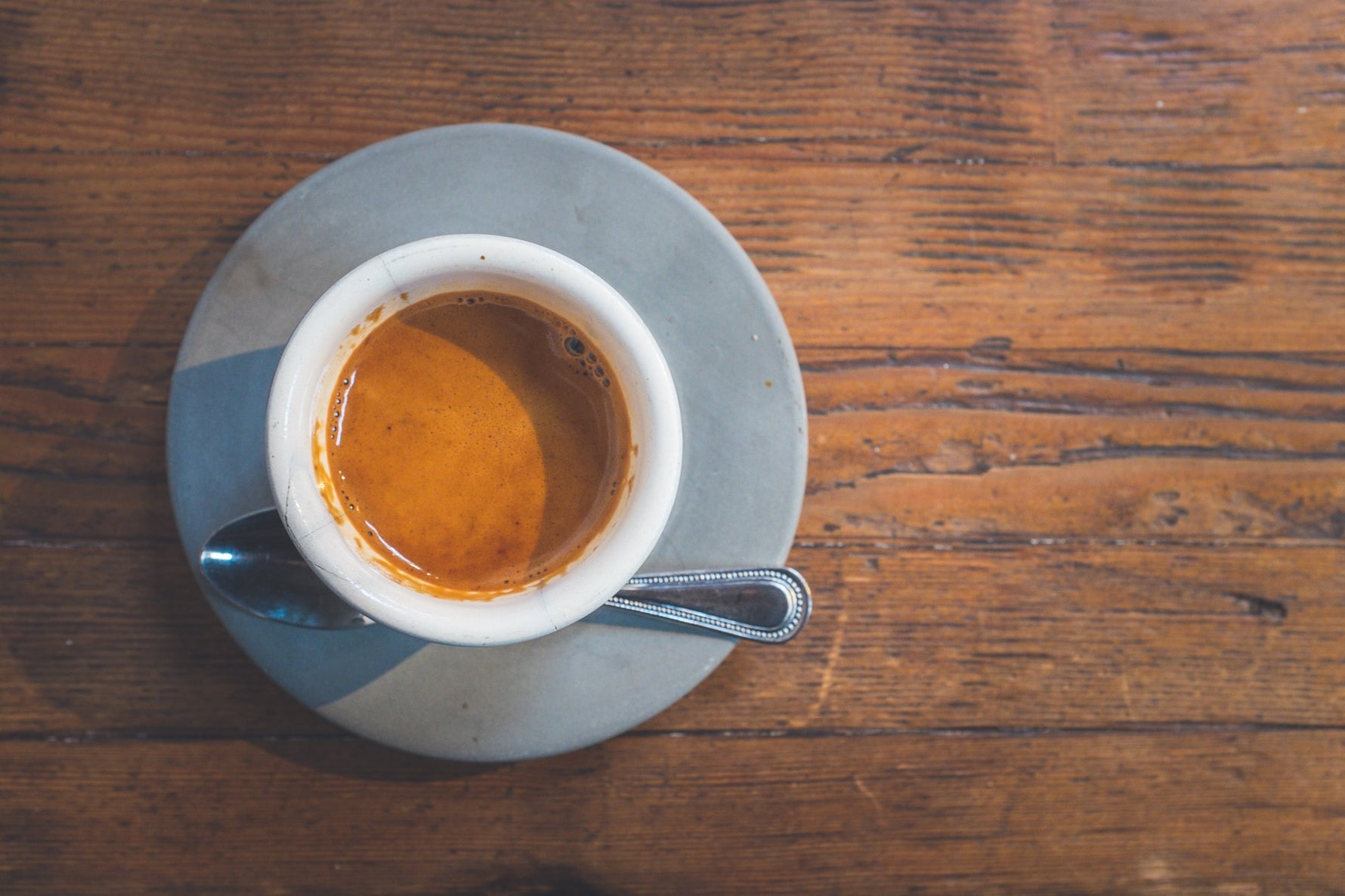
The Grind
by Andrew Bloch on May 29 2020
Now we’re sure you’ve heard this before.
The mispronunciation of the word espresso with an “x” instead of an “s” is a common one and it’s understandable and generally related to the misconception that the word is some ‘gucci’ Italian word that translates to Express (as in ‘fast’).
Italian it is, but more so referring to the process. Espresso, meaning ‘pressed out’ is an explanation of the phenomenon; The passing of almost-boiling-hot water through coffee grounds using pressure, pouring out a rich cup of coffee filled with aroma and flavor.
The second myth buster to this tale is understanding the ‘espresso experience’. The appreciation of a good cup of coffee is bound by its flavor, which is accentuated by a tango of taste and aroma, rather than just a solo of taste.
Don’t believe it? Block your nose the next time you sip on an espresso. You will be rushed with the bitterness of caffeine but you will not experience the full flavor of the coffee.
That said, the cup is only as good as it’s maker. A coffee connoisseur or an espresso expert knows to use great quality coffee beans, ground to the perfect consistency like that of the Medspresso™ pods, which would truly make the Italian, Luigi Berrazza, who patented the process in the late 1900s, proud.
But if you are still having trouble with the pronunciation and coffee just isn’t for you, you can use the coffee grounds as DIY face scrubs according to beauty lab chemist Danuisa Wnek, “coffee grounds are physical exfoliators that can lift off dead skin cells”, or you can just order an exquisite cup of hot chocolate.
For further information, don’t hesitate to reach out to Dr Anna, Chief Medical Officer of MJ Medtech, Inc. at dranna@mjmedtech.com
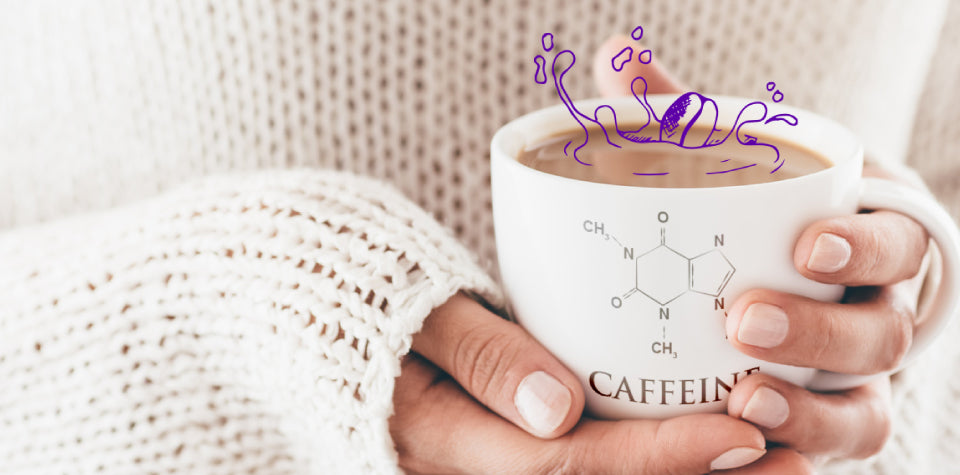
The Grind
by Andrew Bloch on Jan 24 2017
Caffeine. It's one of the most widely-publicised ingredients in coffee, and it's what puts the get-up-and-go into our morning cup of java. But aside from its hugely welcoming effect as a stimulant, particularly early in the morning and late at night, how much do you actually know about caffeine, and the effect it has on the human body? Let's strip it down to the bare essentials, and take a closer look.
What Is Caffeine?
In its most basic form, caffeine is a drug - albeit a legal one found naturally in coffee and in a variety of beverages. By simply altering the actions of a number of hormones and neurotransmitters, two of our most important chemical signals, caffeine is able to produce a significant effect within our bodies.
As soon as you ingest a dose of caffeine, either through a cup of tea, coffee, or another caffeinated beverage, the caffeine begins to bind itself to the adenosine receptors throughout your brain and nervous system. These receptors act as inhibitory neurotransmitters that suppress the level of activity of the neurons that interact with them. Given that adenosine is associated with the promotion of sleep and relaxation, and that caffeine binds itself to these receptors, preventing them from performing their intended action, this is the reason behind the alert and wakeful feeling that most people experience when consuming caffeine.
Once the caffeine has suppressed your adenosine function, it then begins to alter the role of other hormones and neurotransmitters within your body - the most significant of these being the adrenals that produce and secrete epinephrine and cortisol. These 'fight or flight' hormones are used to increase your heart and respiration rates while also causing you to relax. Studies show that caffeine is able to increase the amount of epinephrine in our bodies by as much as 250%, effectively producing a stress response, while increasing the circulation of serotonin in parts of the nervous system as well. The result? Increased energy levels and an elevated mood, all thanks to one natural drug. No wonder coffee is such a beloved morning, afternoon, and evening staple!
The Benefits of Caffeine
Although caffeine is technically classified as a drug, it nevertheless has far fewer side effects than illegal narcotics, and even legal substances such nicotine and alcohol. In fact, when taken in moderate quantities, it can even have a proven range of benefits, such as:
Morning alertness: Tired in the mornings? A jolt of caffeine can have just the stimulating effect your body needs to get up and at 'em.
Athletic performance: Studies have found that caffeine can in fact help athletes improve both their endurance and muscular power. This equates to better training sessions and greater gains in strength, fitness and overall performance
Improved cognitive performance: In addition to better preparing your body for physical endurance, caffeine can also help your mind to think more clearly, with low to moderate doses of caffeine facilitating improvements in both short-term memory and systems processing.
Making the Most of Your Daily Cup
So how can you maximise these very real benefits while avoiding any potential side effects?
Monitor your caffeine intake. While low to moderate doses of caffeine can be beneficial, ingesting too much over time can lead to a continuous replacement of hormones within your body, broken down by the continuous binding of caffeine to your receptors. Ultimately this can lead to a decrease in Vitamin B, a suppression of iron absorption, and headaches and fatigue should you ever lower your caffeine intake. If you ever start to feel jittery after consuming coffee or other caffeinated beverages, limit your intake immediately, and monitor your body for other symptoms of overexposure to caffeine.
Experiment with alternatives. Want to experience the naturally stimulating qualities of caffeine without drinking coffee? Try alternatives such as cacao, or unprocessed chocolate. Cacao contains a compound similar to caffeine that is able to stimulate blood flow throughout the body while leaving the nervous system intact. As a result, you'll feel more alert, vibrant and energised - although you may want to keep an eye on your waistline if you start to consume it on a regular basis!
Now that we've laid the ins and outs of caffeine bare, it's time for you to decide if and when to regulate your caffeine intake. If you feel the benefits of being more awake and more stimulated throughout the day, it's likely your caffeine consumption is in balance with your body's needs. If, however, you feel erratic, shaky or anxious, you may want to cut back on coffees and cooldrinks, and supplement your fluid intake with water instead. Whichever direction you choose, however, it's safe to say that caffeine is more good than bad - so whether you feel better on one cup of coffee, or even two or three, drink up and enjoy!
